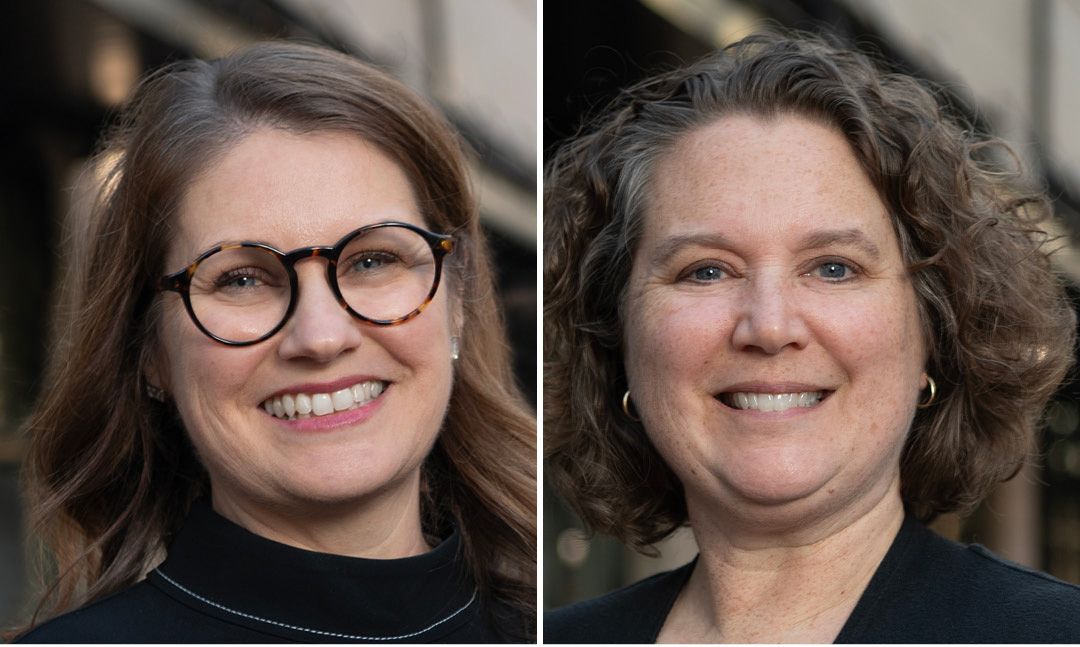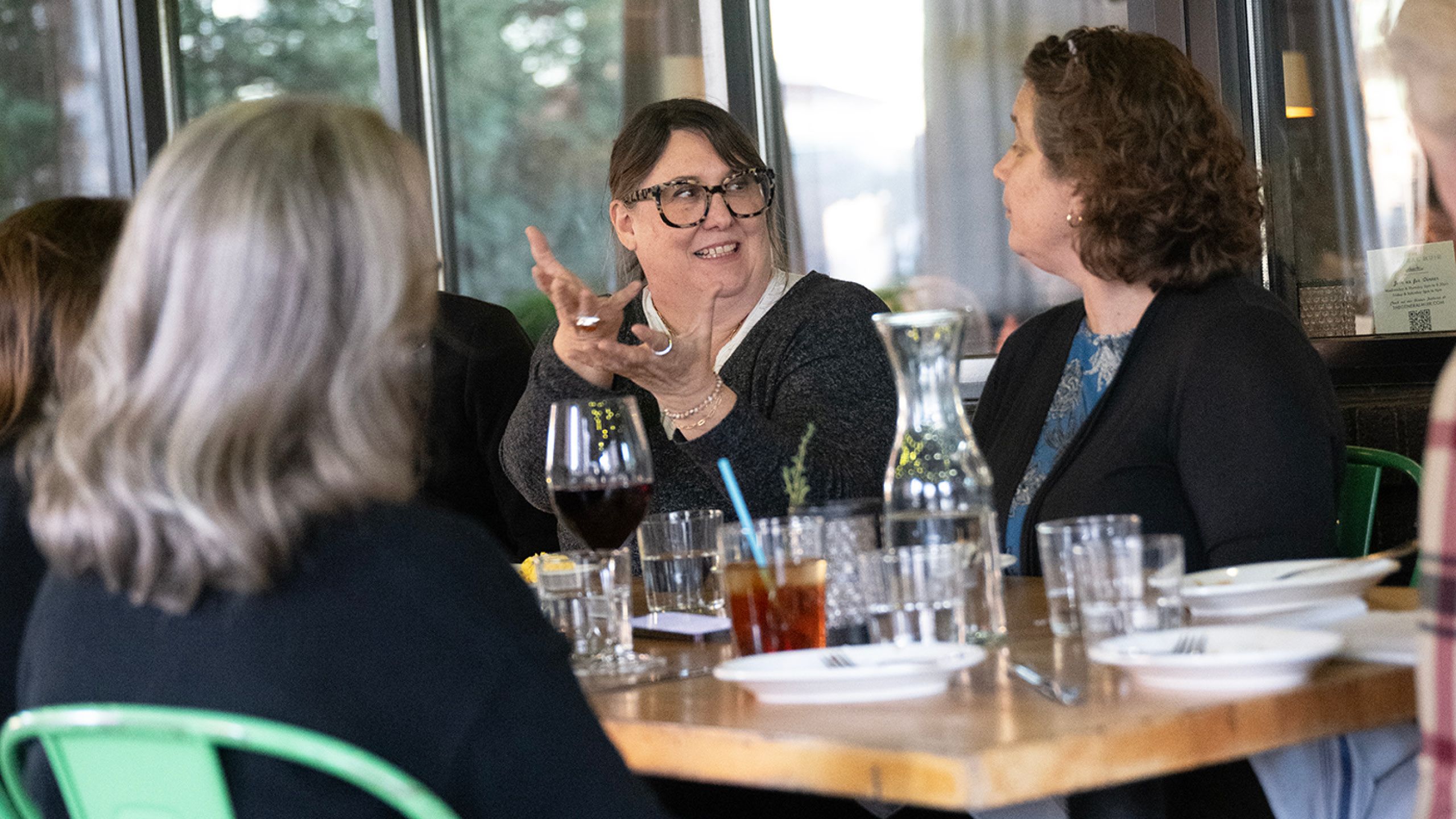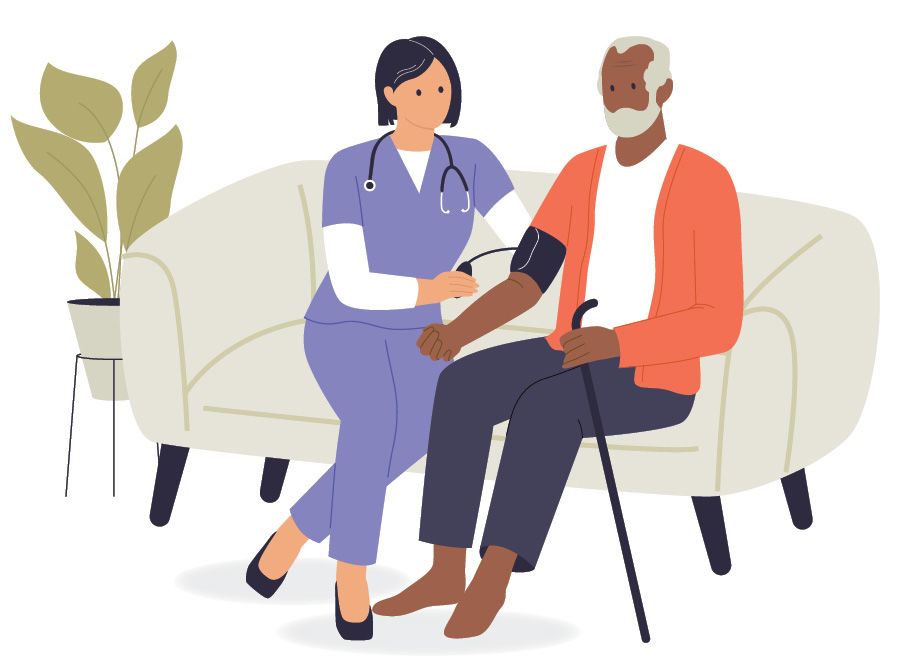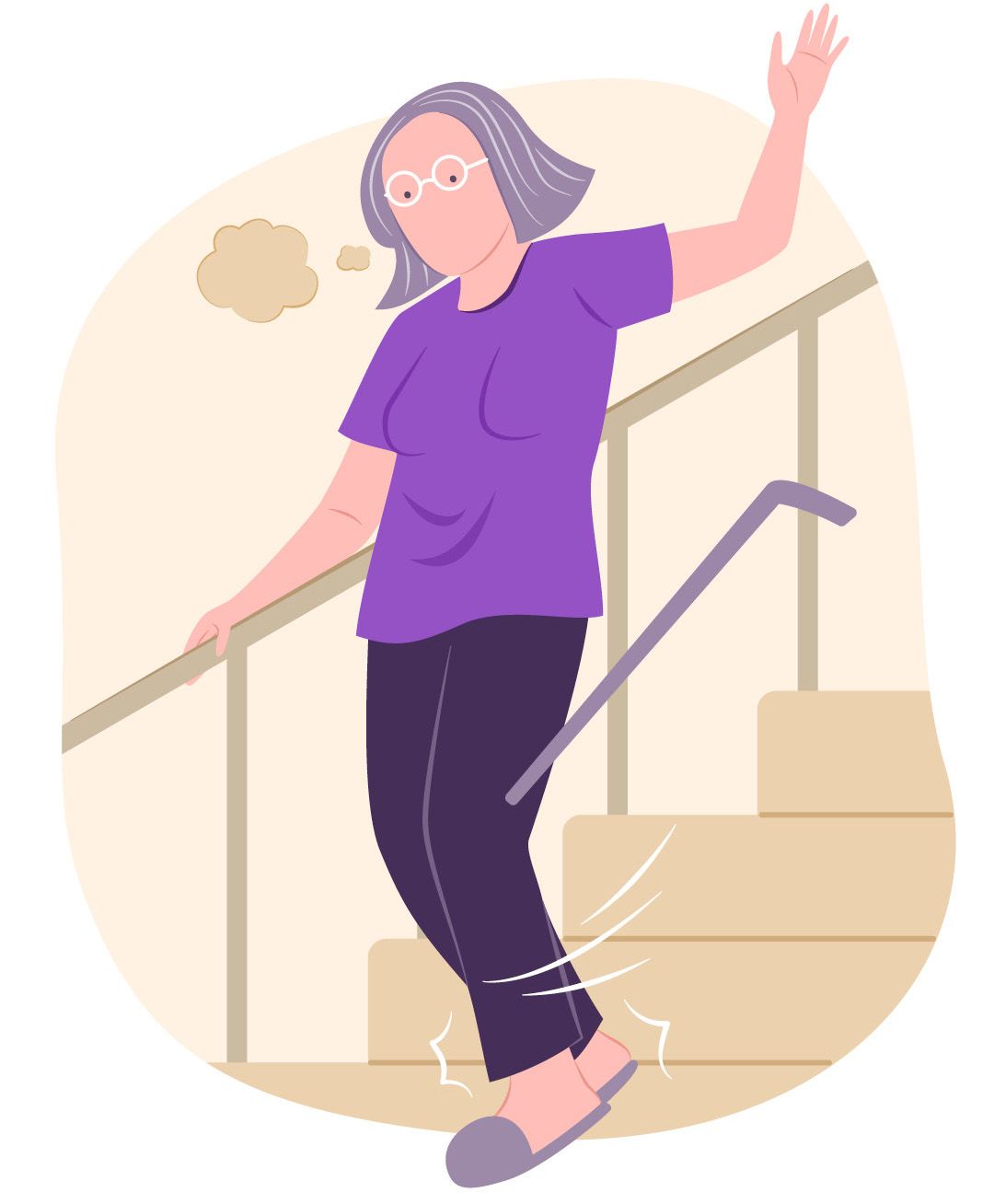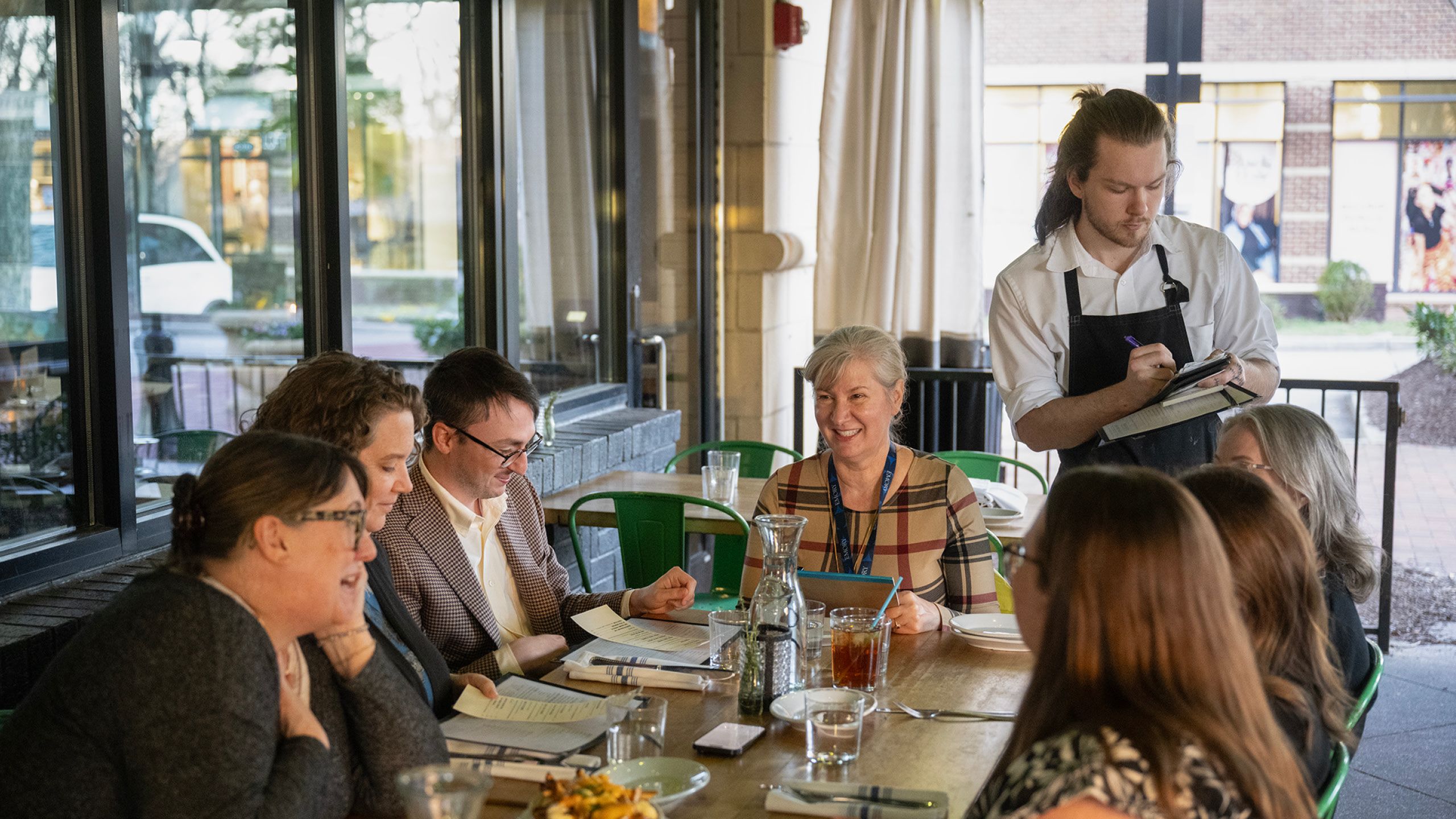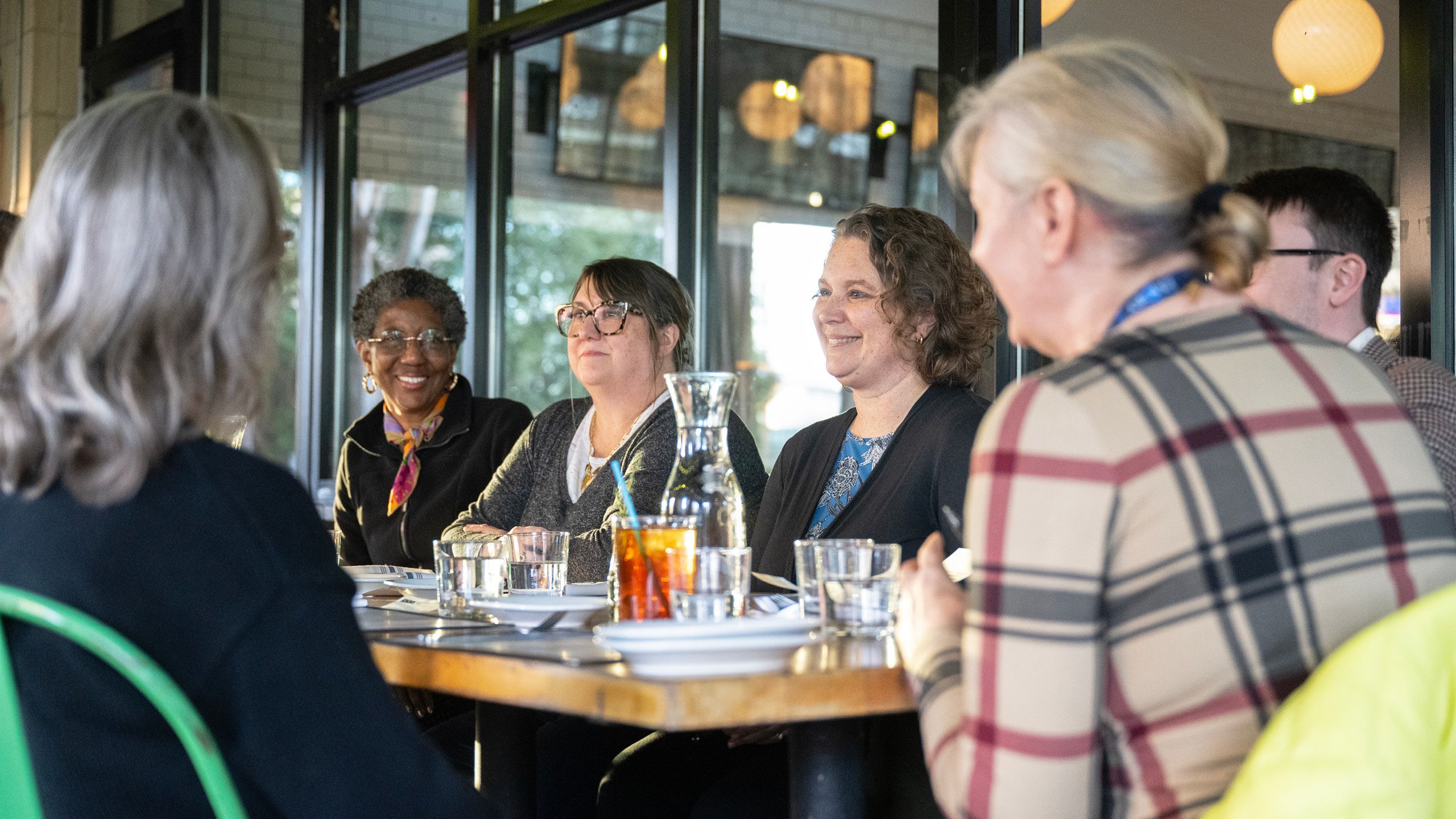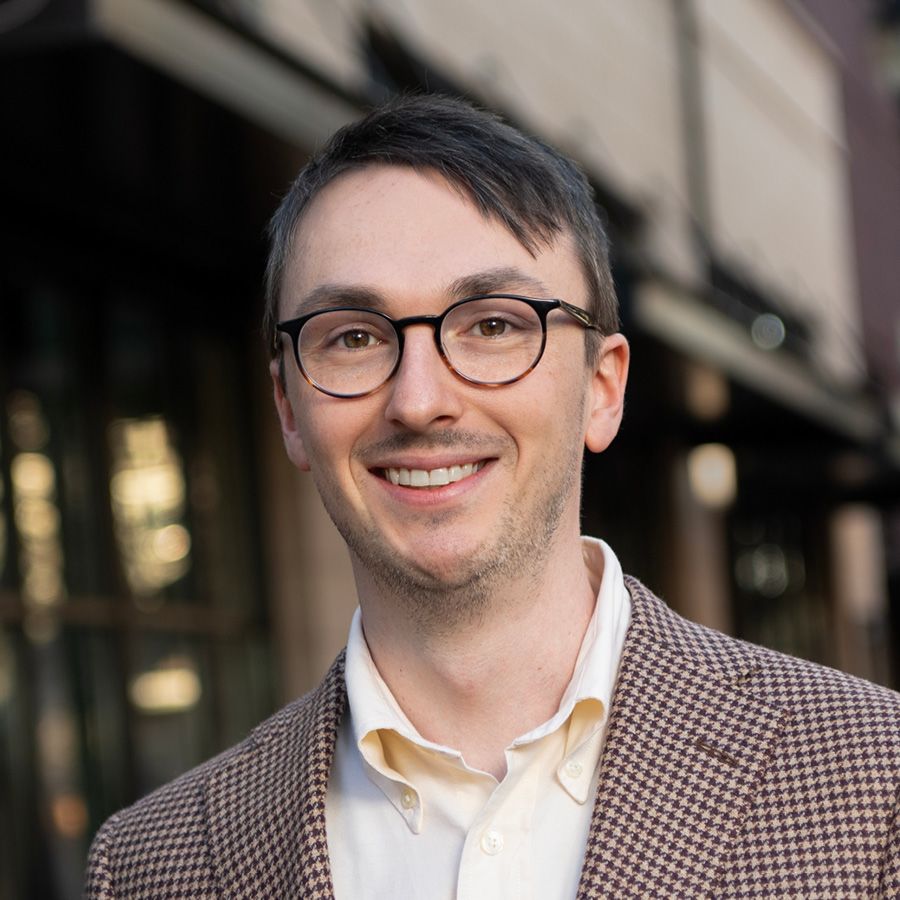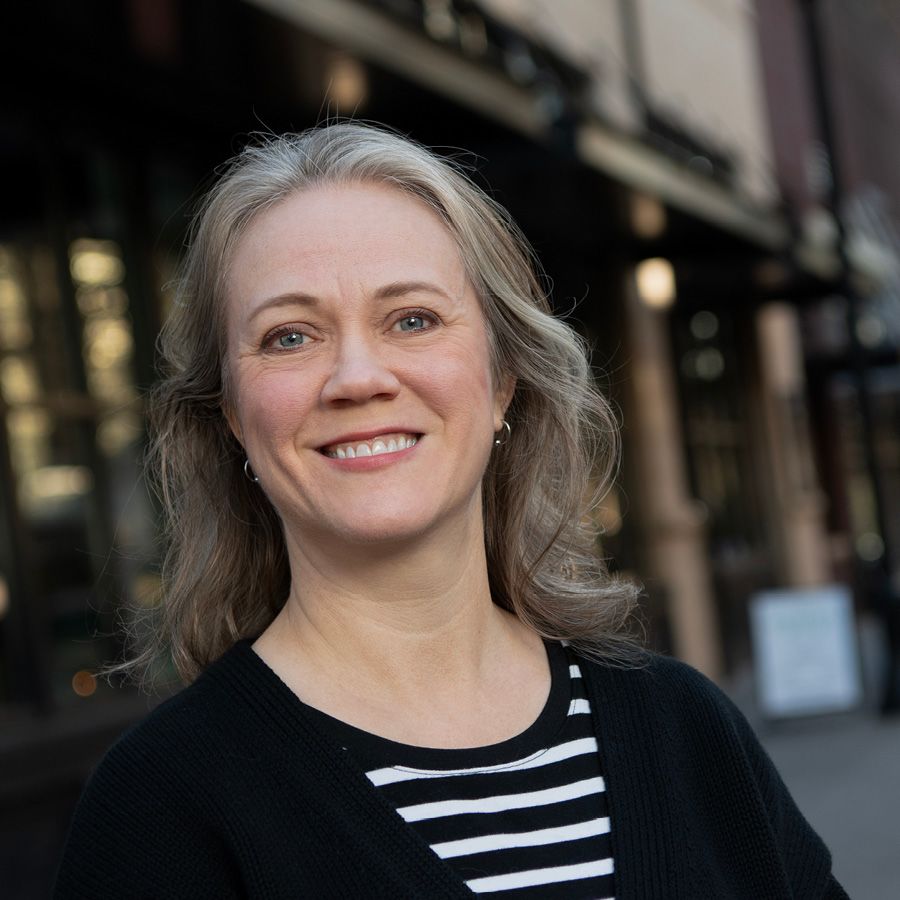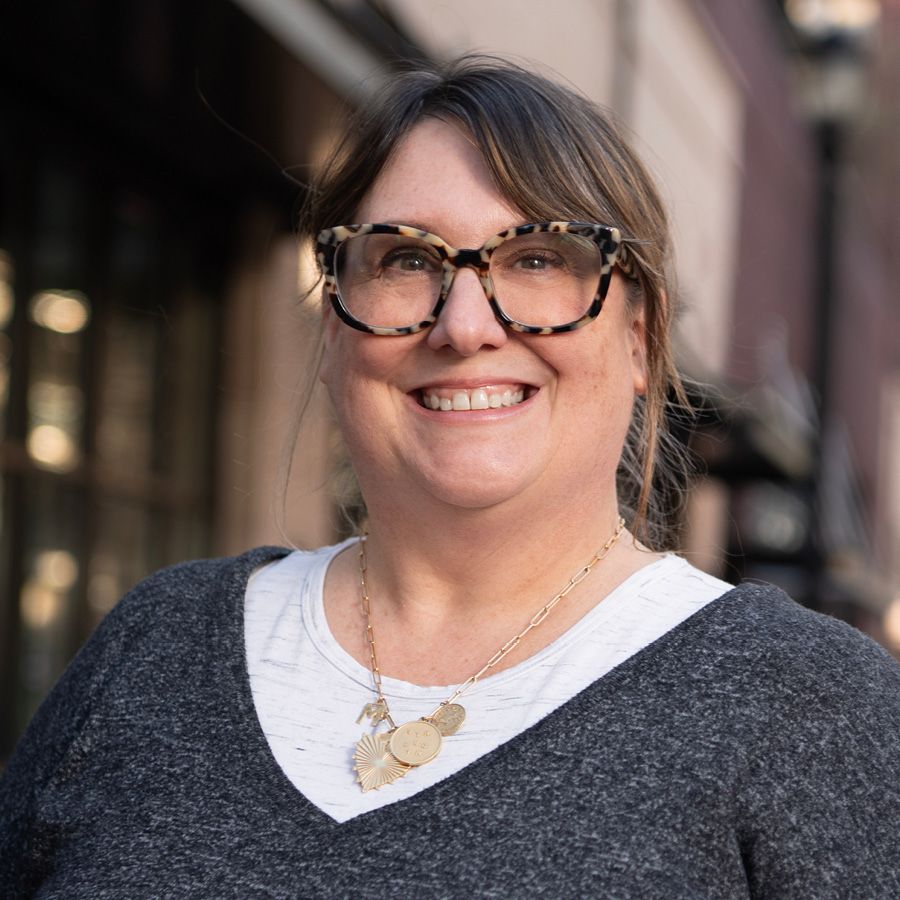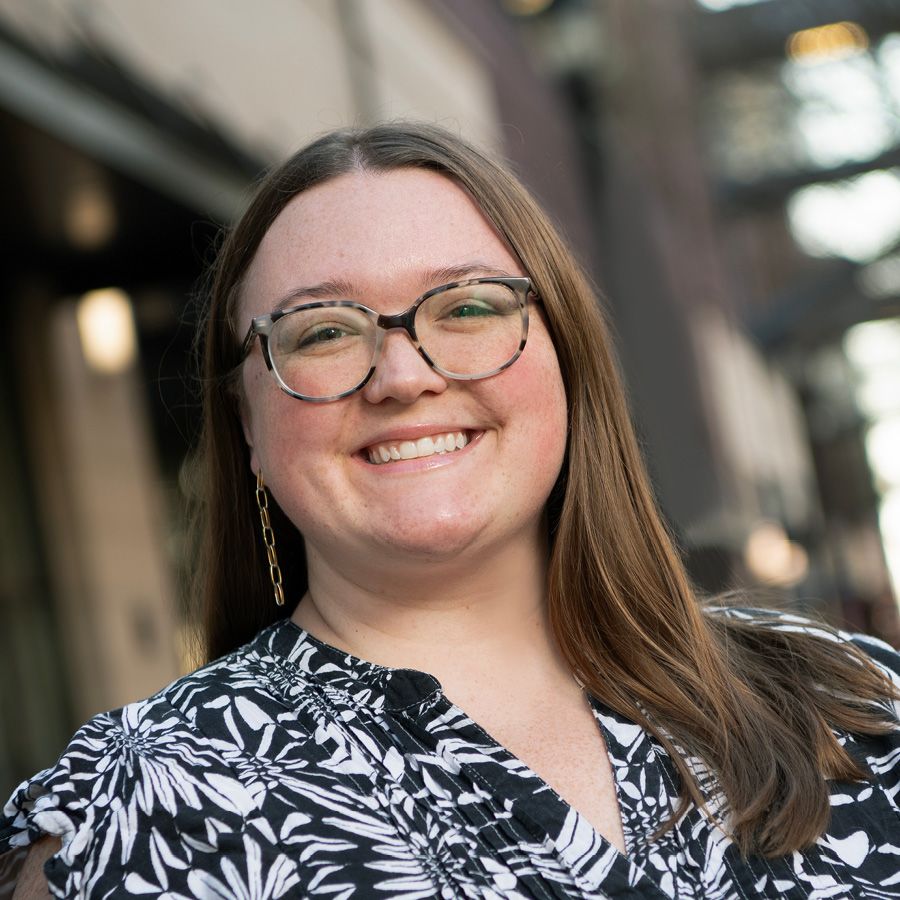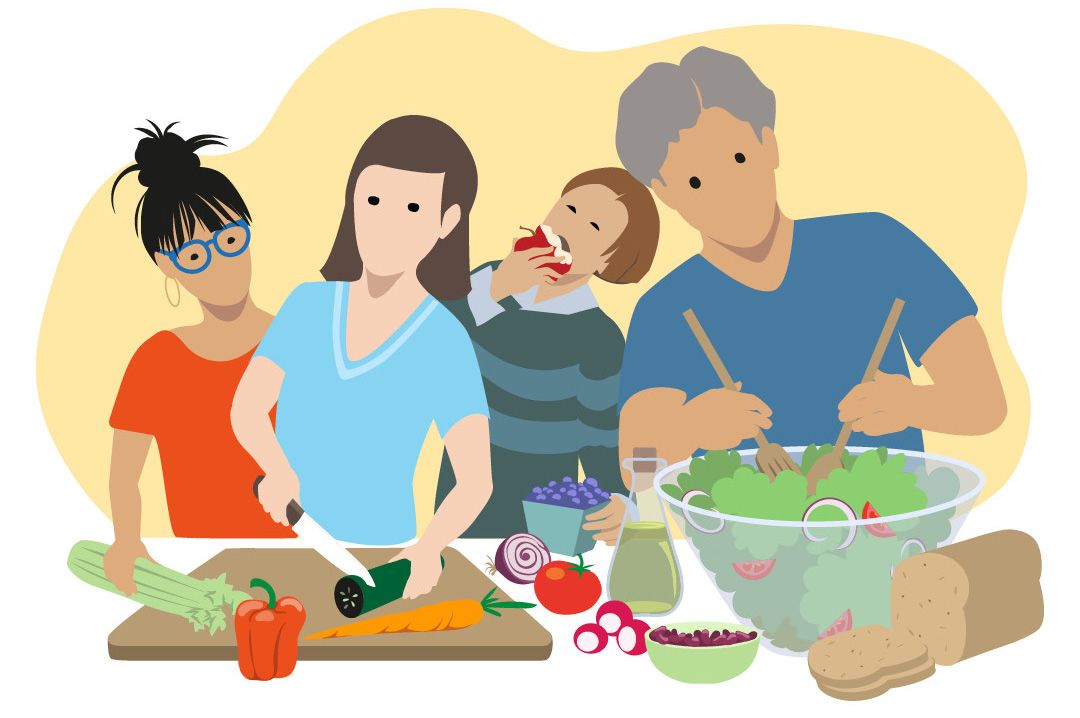Aging Well
at Any Age

DINNER WITH A DOCTOR
Emory Health Digest asked two experts on aging — Carolyn Clevenger, gerontological nurse practitioner and director of Emory’s Integrated Memory Care Clinic, and Camille Vaughan, professor of medicine and director of the Division of Geriatrics and Gerontology — to host our Dinner with a Doctor this issue.

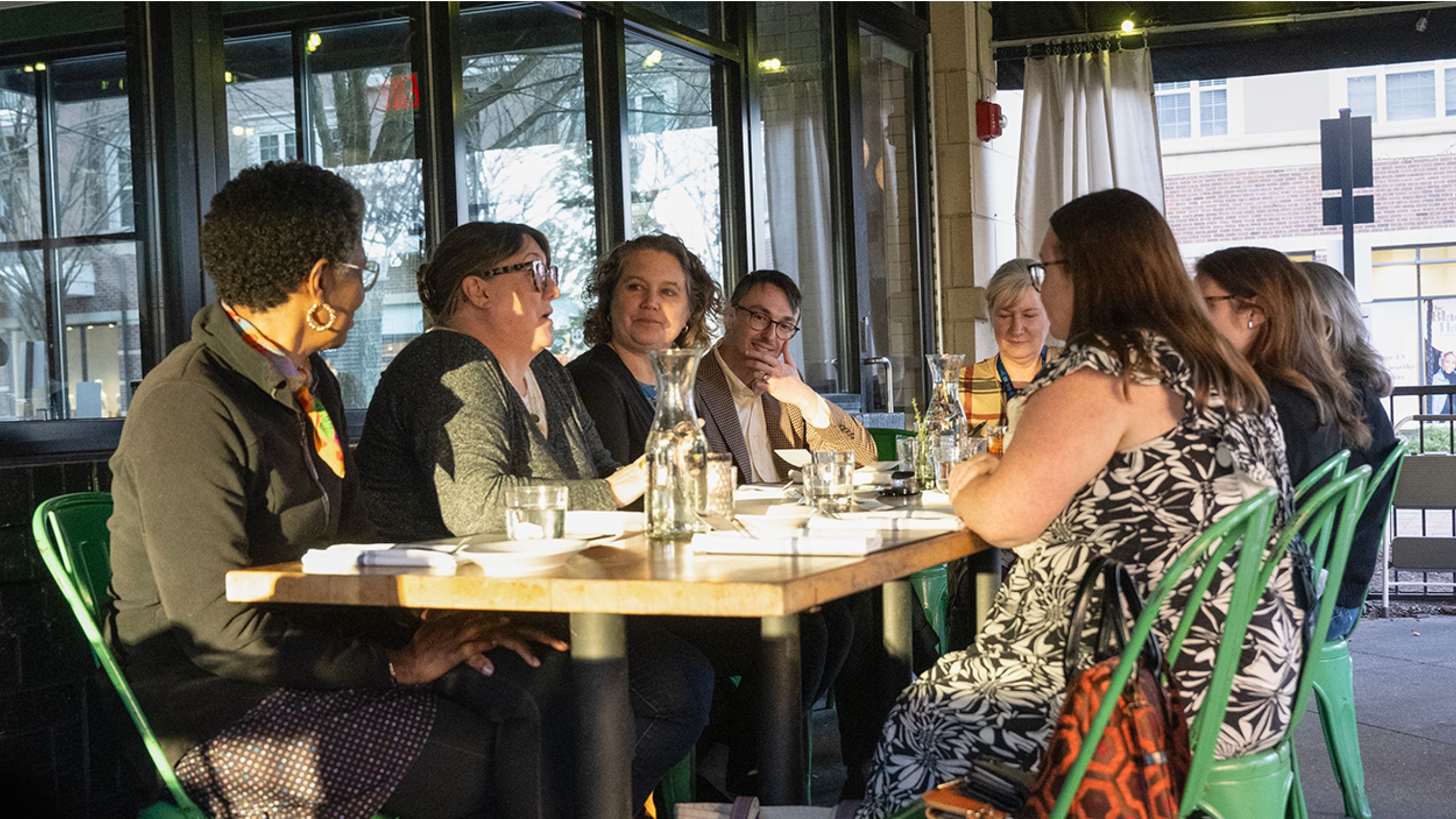
Aging well is a hot topic these days. Popular magazines offer “7 anti-aging supplements to try,” “The New Old Age,” “Increasing your Health Span,” “Prioritizing your Aging Trajectory,” and “80 is the New 60.”
By 2040, the number of people 65 and older will double. Perhaps even more shocking, it’s projected that half of today’s 5-year-olds could live to 100.
The gist: it’s even more important to stay healthy and functional for as many decades as possible.
But successful aging is about more than the absence of illness. In addition to getting sick, older adults are concerned about retaining their independence, maintaining a sense of community and purpose, and being in control of their lives.
Carolyn Clevenger, professor of nursing, gerontological nurse practitioner, director of Emory’s Integrated Memory Care clinic; and Camille Vaughan, professor of medicine and director of the Division of Geriatrics and Gerontology.
Carolyn Clevenger, professor of nursing, gerontological nurse practitioner, director of Emory’s Integrated Memory Care clinic; and Camille Vaughan, professor of medicine and director of the Division of Geriatrics and Gerontology.
Over courses of deviled eggs, seasonal salads, wild-caught salmon, and beluga lentils, panelists asked about topics from the logistics of caring for aging parents to which exercises are best in midlife to increase strength and balance. Each of our experts gave their top five recommendations for increasing your lifespan and your health span.
One panelist was worried about her 80-something mother, who has a lot of medical issues and needs help organizing her files, medications, and appointments. “I want to make sure I have the right tools and that I’m offering good solutions,” she says. “Also, how do you know when it’s Alzheimer’s or dementia?”
“One of the things that happens early on in cognitive impairment is impairment in executive function, which shows up in an inability to remember passwords and to log back into things,” says Clevenger. “You need to frame this very respectfully: ‘Mom, I really want to be able to support you better.’ Some parents are wide open; others will say, ‘No, this is my business.’” If she has a digital medical record like MyChart, you can log in by proxy and be able to see notes from the visits.”
“It’s the practical things you’re trying to get your hands on: log ins, passwords, tax information, birth certificates, marriage certificates, deeds, and titles.”
“Do you have power of attorney for health care and finances? They are separate,” says Vaughan. “Who is the default decision maker? If nothing is written down, it’s going to be spouse first, then adult children. Siblings are treated equally. If there are preferences, it’s good to get that down in a document.”
“I also want to do what I can to avoid some of the health conditions she and my grandmother have had, if possible,” adds the panelist.
“Well, I can tell you that, specific to Alzheimer’s, for most people who develop that late in life there is likely not a genetic component but other factors,” says Clevenger. “The brain is connected to the rest of body, so autoimmune disorders, treatments for other diseases, bypass surgery, those can trigger changes in the brain.”
“There’s a group of specialists called geriatric care managers, largely nurses or social workers, who can help for a fee, if you don’t have the bandwidth,” Vaughan says. “They can accompany individuals to appointments, take detailed notes, report back, and share information among providers.”
Many of the resources available to older adults and their care partners in the US are fee-based, she adds, but always check into what Medicare, supplemental insurance, or other organizations like the VA cover.
“When thinking about your resources, also think about family networks and social relationships,” Vaughan says. “I have two children and my parents live with us, so we already have a multigenerational household; my kids are used to that.
“Also if you have long-term care insurance, as a few of my patients still do, that can help offset the cost of an aging life care manager and some other services,” says Clevenger.
If she were prioritizing general safety concerns for aging parents, says Clevenger, she would pay attention to: medications (not taking them or taking too many); finances and important bills (like electricity, rent, or mortgage payments); driving; and firearms. “If they are gun owners, what is the plan if are unable to manage their firearms or feel unsafe?” she asks. “The plan should start with how many do they have and where are they.”
A panelist, who is an only child, asks how she can prepare for her parents’ aging, since she has no siblings to share the responsibilities.
“In my research and focus groups with family caregivers, even if there are siblings, it tends to be one person who handles things. Also, you will have people in your village who are not necessarily family, as well,” says Clevenger.
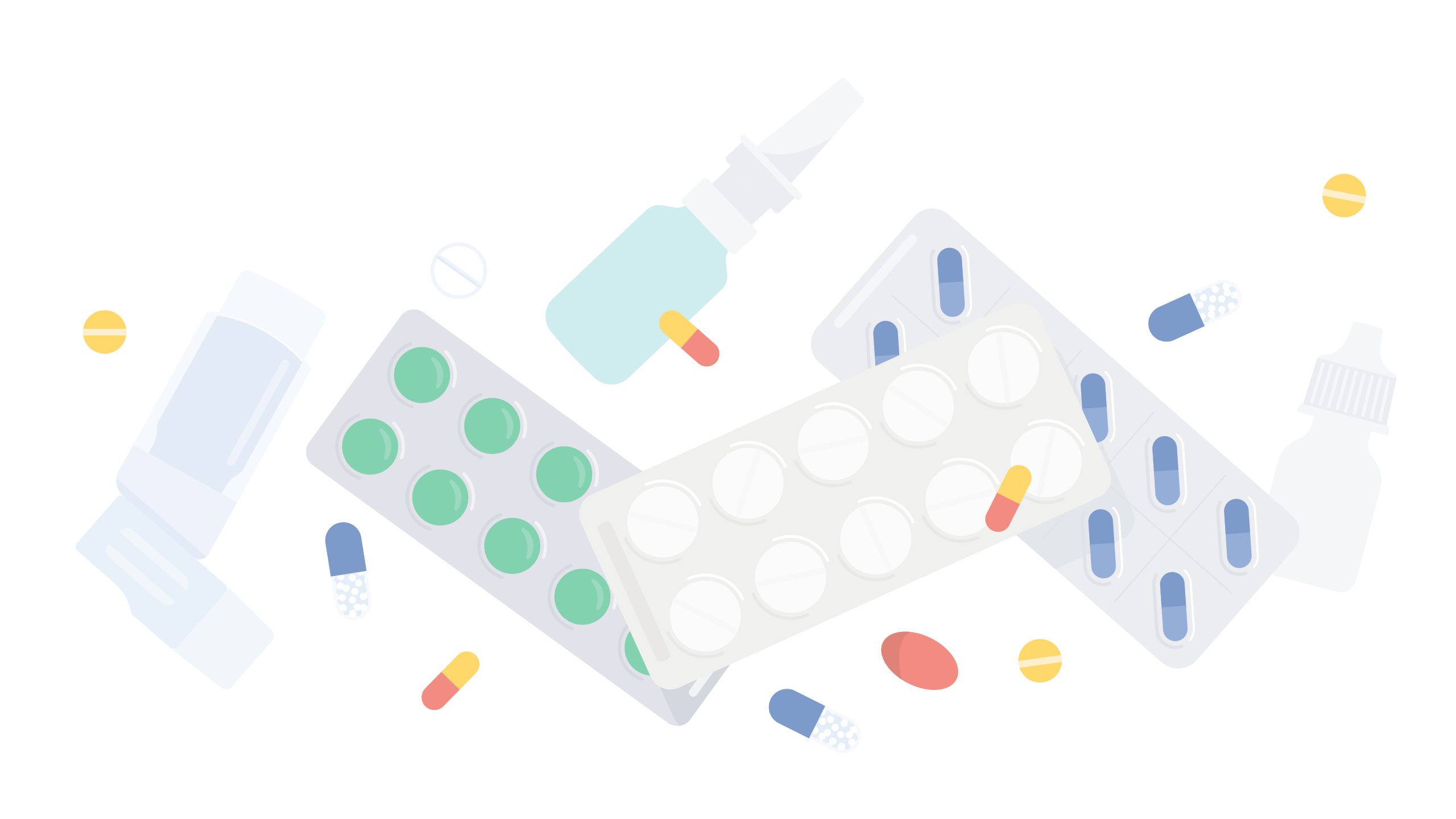

Nothing is risk free
A panelist asks about fall prevention. How can you prevent falls? Convince people not to get on ladders or roofs? And is it true that sometimes people fall because their hip breaks, and not that they break a hip when they fall?
“That is a phenomenon because of brittle bones,” Vaughan says. “I’ve tried to avoid fear talk because these are successful adults. They have made it [to an advanced age.] A better approach is to promote agency.”
Vaughan explains the “4Ms of Age-Friendly Care,” a framework for improving health care for older adults developed by a team led by the Institute for Healthcare Improvement: What Matters Most, Medication, Mentation (Mind), and Mobility.
“The idea is that all of these things interact with each other. How do your medications influence your mind? How does your mobility impact your fall risk?” she asks. “And how do you align all of that with what matters most to you in this phase of life?”
Our experts agree that, even as we age, we should take calculated risks to remain active and moving. “Everything is a tradeoff,” Clevenger says. “Restricting movement because you’re afraid of falling is also risky.”
A fall, especially one that happens when someone is just walking along or doing normal daily activities, is often a symptom of something else: the pneumonia that’s been brewing, a lack of balance, dizziness, or even osteoporosis.
Use it or lose it
“Would you rather hurt yourself lifting weights or lifting a bag of dog food? Or even putting on your socks?” asks Vaughan.
The focus of exercise is often on moderate intensity cardio, she says. But strength training and other types of exercise as especially important as we age. “Chair stands can be a very functional exercise,” she says. “Just sit in a chair and stand up without using your arms. Doing that 15 times in 30 seconds (for people 60-plus) is one of our assessments for fall risk. You have to be able to get up. There are exercises that help you with activities of daily life.”
A panelist says his parents are in their 60s and are just starting to slow down a bit. “I can see them getting winded easier while doing a chore that used to be routine. Are there kinds of activities/movements they can do to help this?”
Tai chi, the ancient Chinese martial art form, is very helpful for balance and may help reduce falls in older, frail adults, said Vaughan. “We were actually part of the trials here at Emory that supported that finding some 20 years ago,” says Vaughan. The benefit became most apparent by the fourth month of the study, when risks of falling were reduced by 40 percent as participants became less dependent on walkers and wheelchairs and learned the movements of tai chi.
“Does it have to be tai chi?” asks the panelist. “I’m not sure my dad would do that.”
“What would he do? Just encourage the best thing for him,” says Vaughan. “There are community-based programs, the YMCA, exercise classes that can be standing or seated. The VA has a series of exercise videos on YouTube called Gerofit. You can ride a recumbent bike. There are some great options.”
Almost all exercise forms beat placebos, says Clevenger. “There is an awareness now that, ‘If we want to do this at 80, we need to do this at 40.’ We can anticipate some slow down, so overshoot early. If you stop doing activities, then you have consequences.” Her in-laws are doing Silver Sneakers, a walking group that includes other exercises, such as resistance training with bands.
“My parents do walk a lot,” the panelist says. “My dad walks on the beach, which seems good, since he’s walking on sand.”
“Yes, the level of walking you’re aiming for is that you can talk while you’re doing it but not sing,” Vaughan says. “If you can sing while you’re walking, you’re not walking quite fast enough.”
Top Tips for Healthy Aging
When asked about their top recommendations for healthy aging at every age, the experts said to focus on things in your control: don’t smoke, consume alcohol only in moderation, wear a seatbelt, wear a helmet, get physically active, manage stress, maintain good social connections, reduce inflammation, get good sleep, and practice gun safety.
Also, pay attention to inflammation levels and your microbiome, says Clevenger, who tries to avoid ultra-processed foods, makes sure she gets enough fiber, eats fermented foods, and ingests 30 different plants in a week (even if just a small amount of each, for the variety). Intermittent fasting (eating during a condensed period of the day, such as 8 hours, and then not eating for an extended period, such as 16 hours) is also showing some promise in improved health and aging, she says.
Medical advances have made living longer and healthier a reality, and many conditions that used to age or kill people prematurely can now be prevented or managed.
“For example, we routinely screen for high blood pressure and cholesterol and have great medications now, like statins and metformin. There are specialists in everything from menopause to sleep. We know many more things now about maximizing health and longevity in midlife than the generation ahead of us,” says Vaughan.
A panelist says, “Yes, I have a group of friends, we have a virtual chat each week, and it turns out all of them have high blood pressure except for me. They live the same way that I do, so I was completely taken aback.”
Clevenger says genetics and family history do have an impact on high blood pressure, with about half the population developing hypertension as they age. “A stiffening of blood vessels occurs, and we release more hormones that tighten blood vessels. Blood pressure is called the silent killer for a reason, that’s why it’s important to do an annual physical and have screenings. It’s something you don’t want to ignore.”
Vascular disease can also lead to cognitive impairment, says Vaughan, so treating high blood pressure is important because it can influence the course of dementia or Alzheimer’s.
But a host of other factors influence dementia as well, some known, such as repeated head trauma as in football or boxing, and some unknown.
“There are people who die with Alzheimer’s pathology in their brains that have no symptoms,” adds Clevenger. “What’s different about them vs. those with lots of symptoms who can’t keep up with day-to-day things? Probably other factors. Brain cells need enough blood flow with proper oxygen, not too many toxins, neurotransmitters that are in balance. They need an optimal, happy environment that is not inflamed. It might be that inflammation damages brain cells and then you see the effects of the Alzheimer’s disease.”
PANELISTS
Daniel Christian
Senior writer, content and brand story; filmmaker
Ashlee Gardner
Assistant director of strategic communications
Laura Redfern
Director of project management; mother of Matilda (right)
Matilda Redfern
Communications coordinator; daughter of Laura (left)

Growing old is a success story
“Once you get into your 70s and 80s you’ve already made it,” says Vaughan.
“People 85 and over are the fastest growing population. Great, that’s a success! Yay, vaccines! We have succeeded in a lot of things that help people age well,” she says. “And so, we do see more diseases that happen later in life. That’s worrisome, but it’s also because we’ve succeeded in more people getting to that ‘later in life’ phase.”
It’s never too late to prioritize your health and ward off some of the negative aspects that inevitably accompany aging.
One way is cognitive stimulation, says Clevenger. “I’m not talking about crossword puzzles,” she says. “I’m talking about learning something new, talking to people who are interesting, experiencing new places, thinking about things in a different way, employment that challenges your mind.”
Vaughan says she sees the social engagement aspect as being most important. “Of the medications that have proven to be somewhat successful in slowing the progression of Alzheimer’s in some people, like donepezil or Aricept, social engagement performs just as well.”
And social engagement is at risk right now, she adds, in “the way people think they’re socially interacting but they’re not.” The virtual world we spend much of our time in doesn’t involve the same interplay of real-life conversation, she says—listening, adjusting, responding.
Panelists ask a few final questions over dessert (and yes, there was cheesecake).
“When would you say someone should switch from their primary care physician to a geriatrics specialist?”
“When the discussion of what matters most to you is what you want driving your care,” Clevenger says. “If there are multiple things on your problem list and you want somebody who knows how to manage the total picture; quality of life and function.”
“There’s a lot of value to a longstanding primary care relationship too, that person who has known you over the years and knows when something has changed,” says Vaughan. “Honestly, there are not going to be enough geriatricians to take care of every person over 65. People who are 80-plus years old, even really healthy ones, are more vulnerable when they enter the health care system, so access to someone with geriatrics expertise as you get into those years would be very valuable.” Geriatricians are also helpful when “there are cognitive concerns, or you’re managing a lot of medications.”
Gerontology (the multidisciplinary study of aging) and geriatrics (the medical care and treatment of older adults) saw a boost in interest from medical students and residents after the pandemic but “still not enough,” says Clevenger.
“We lost 3 percent of our population over 85 in the US during COVID. No one talks about that. The isolation, the lockdown of long-term care communities, the lack of services,” says Vaughan. Clevenger adds that people living with dementia had a 40 percent excess risk of death with COVID before vaccinations became widely available.
“For kids born today, what are chances they will exceed 100 or 110?” asks another panelist.
“That’s not how I think about it, honestly,” says Vaughan. “I just want them to have a long, meaningful life that is full of purpose.” EHD
Writing, Mary Loftus; main illustration, Christiane Beauregard; design Peta Westmaas.


